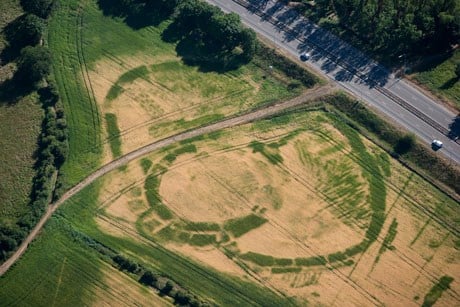Charles Penrose (born Charles Penrose Dunbar Cawse; 11 November 1873 – 17 November 1952) was an English music hall and theatre performer, and later radio comedian, who is best known for his unusual comic song “The Laughing Policeman”. He was born in Biggleswade, Bedfordshire, the son of a master watchmaker and jeweller.
He initially followed his father into the jewellery trade, but enjoyed such success with his innovative laughing songs at local concert parties that he was invited to join a theatrical tour at the age of 18. His theatrical career took off, and he appeared in music hall and the West End. One of his most successful performances was in Tonight’s the Night at the Gaiety Theatre, London in 1914–15. Penrose married architect’s daughter Harriet Lewcock in 1899.
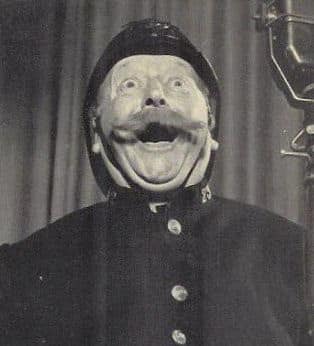
Walter Reginald Odell (19 March 1912 – 27 July 1971) was an English footballer who played as a left half in the Football League for Wrexham. He was on the books of Tottenham Hotspur without playing League football for them, and his only appearances for Darlington were in the 1939–40 Football League season abandoned when war broke out. He played non-league football for Sandy Albion, Biggleswade Town, Hitchin Town and Northfleet United.
Odell was born in Biggleswade, Bedfordshire, and lived at nearby Upper Caldecote, where he attended the local Church of England school. As a young man he worked as a porter at Sandy railway station, played cricket for Caldecote Cricket Club and football for Sandy Albion and Biggleswade Town, before joining Spartan League club Hitchin Town during the 1931–32 season. He played at inside left and at centre forward before settling at left half. He was a member of the Hitchin team that won the Herts Senior Cup in 1934, and made 38 appearances in all competitions as Hitchin won the Spartan League title in 1934–35. He was also selected for the Hertfordshire County side that won the Southern Counties Amateur Championship.
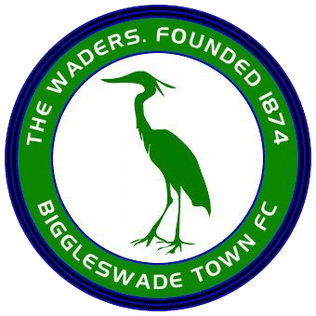
Christine Chaundler (5 September 1887 – 15 December 1972) was a prolific English children’s author, who also wrote stories for boys as Peter Martin. Some of her hundreds of short stories were broadcast by the BBC.
Born in Biggleswade, Bedfordshire, the daughter of a solicitor, Henry Chaundler, and Constance Julia Chaundler (née Thompson), she was educated at Queen Anne’s School, Caversham, until the age of sixteen, and then at St Winifred’s School, Llanfairfechan.
Apart from a brief period in the Land Army during the First World War, Chaundler worked in editorial jobs as she built her writing career. By 1920, her earnings had allowed her to build a house on the Sussex Downs, where she lived until her death in 1972. She never married.
In 1910, Chaundler adapted Sleeping Beauty as a children’s play that was performed at the Biggleswade Town Hall.
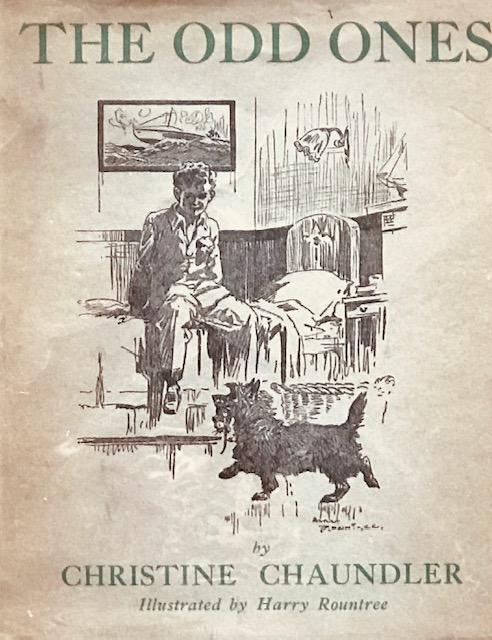
Derek Thomas Scott (25 December 1921 – 27 May 2006) was a British film, television and stage musical director, film and television composer and musician. He started his career as a double act with both Terry-Thomas and Tony Hancock before becoming a composer for film and television and “one of Britain’s best known light entertainment musical directors.”
Scott is best known for being the music director for ITV’s The Muppet Show (1976–81) composing many of The Muppet Show songs and being the sound of the piano playing dog Rowlf.
Scott was born in Biggleswade and educated at Bedford Modern School. He showed precocious musical talent becoming a member of the Royal College of Organists at the age of 15.
During World War II, Scott served in the RAF. As a member of Ralph Reader’s Gang Show, he toured Europe and North Africa with a scattering of aspiring comedians including Peter Sellers and Tony Hancock.
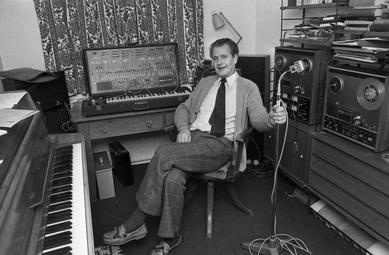
William Ashe Dymoke Windham (2 April 1926 – 5 January 2021) was a British rower who competed for Great Britain in the 1952 Summer Olympics.
Born in Biggleswade, Bedfordshire, on 2 April 1926, Windham was educated at Bedford School and Christ’s College, Cambridge. In 1947 and 1951 he was a member of the winning Cambridge boat in the Boat Race. He rowed for England in the Empire Games in 1950, for Great Britain in the European Rowing Championships in 1950 and 1951, winning a bronze medal in 1950 and a gold medal in 1951, and for Great Britain at the 1952 Summer Olympics. He was elected as a Steward of the Henley Royal Regatta in 1953, was a member of the Committee of Management of the Henley Royal Regatta between 1972 and 1994, and was High Sheriff of Powys between 1996 and 1997. His son is the royal courtier Ashe Windham.
He died on 5 January 2021 at the age of 94.
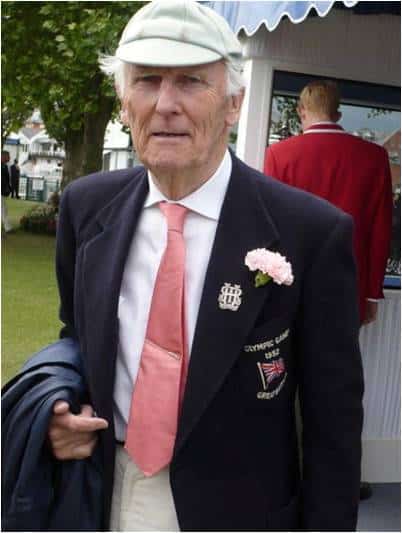
Mary Tealby (née Bates; 30 December 1801 – 3 October 1865) was an English animal welfare campaigner. She is noted for founding the Battersea Dogs’ Home. It was founded in Holloway, London in 1860 and moved to Battersea in 1871.
Although Tealby was born in Huntingdon in 1801 she died in Biggleswade in 1865 and she was buried at Church of St Andrew, Biggleswade.
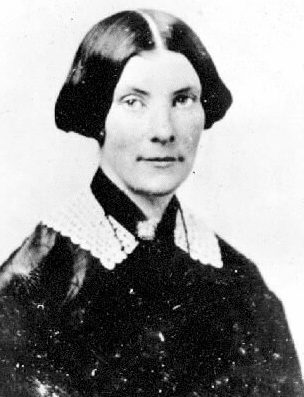
Henry Ryland (1856–1924) was a British painter, book illustrator, decorator and designer. He was the son of John Benjamin and Elizabeth Ryland and was born in Biggleswade, Bedfordshire in 1856.
He exhibited at the Grosvenor Gallery, and from 1890 at the Royal Academy. He also was a regular exhibiter at the New Gallery and the Royal Institute of Painters in Water Colours (formerly the New Society of Painters in Water Colours). He became a full member of the latter institution.
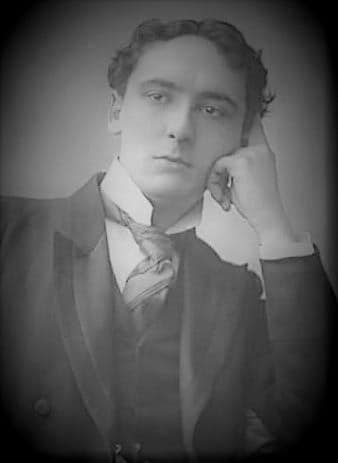
Did you know that Biggleswade once had a castle?
The existence of Biggleswade Castle was discovered by aerial photography, in 1954, which showed the remains of a motte and bailey castle with a double ditch around the motte and a single ditch around the bailey.
Some excavation of the site was done in 1962 and 1968. The excavations found evidence of timber structures, as well as pottery.
For more information about the castle its discovery, visit here.
